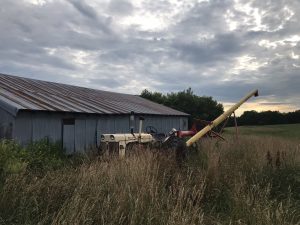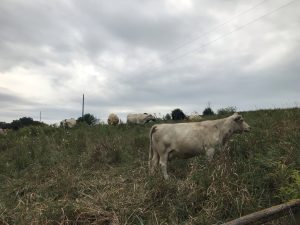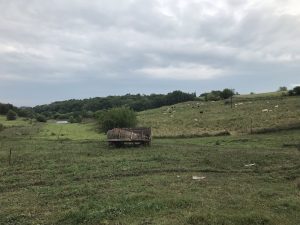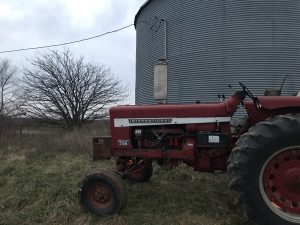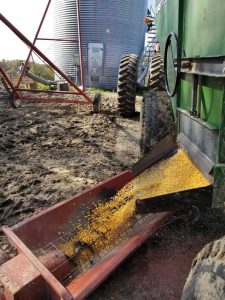Federal News:
USDA Budget under the knife. As of- 4-12, the federal budget as it relates to ag is shrinking, the House is expected to find $230 billion in cuts and the Senate is looking to shed $1 billion. This is likely ...
Read More Farm Payment Policy implications going forward.
No surprise, the farm industry is highly dependent on government interference in price and risk. Just like oil and gas, auto manufacturing and most other industries. Instead of getting a twisted tax treatment for exploration, research , or a government ...
Read More Drop that wrench and pay the piper.
With crop prices projected to be disappointing for the near future, ag operations are going to feel maneuvers come at them from all sides. Just like the downsizing of food packing to sell you less for more, look for the ...
Read More Let’s have some fun
Every so often we hear about the government shutting down (and then it mostly doesn’t) because of a budget issue. Frequently it’s because the power brokers want to spend money on pet projects but don’t have the revenue or a ...
Read More The Dole, the Dole Whip and the Doldrums
In Ireland, if you are on government assistance, its commonly referred as the dole. Likely rooted in the vernacular that the government was Doling out the money. A Dole Whip, on the other hand is a popular sweet treat at ...
Read More Curve those seed corn hat bills and start looking for another government check.
The American Relief Act was pushed through in late December. It was a 1000 page bill, only 51 pages made it to the finish line. It does extend the 2018 farm bill provisions, avoided a government shut down and let ...
Read More 
